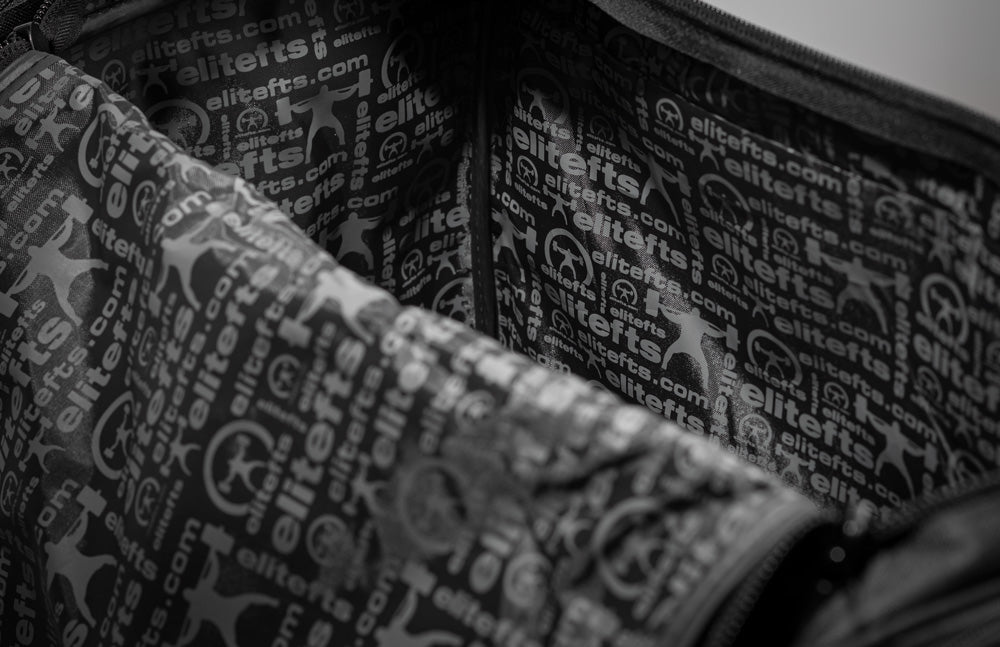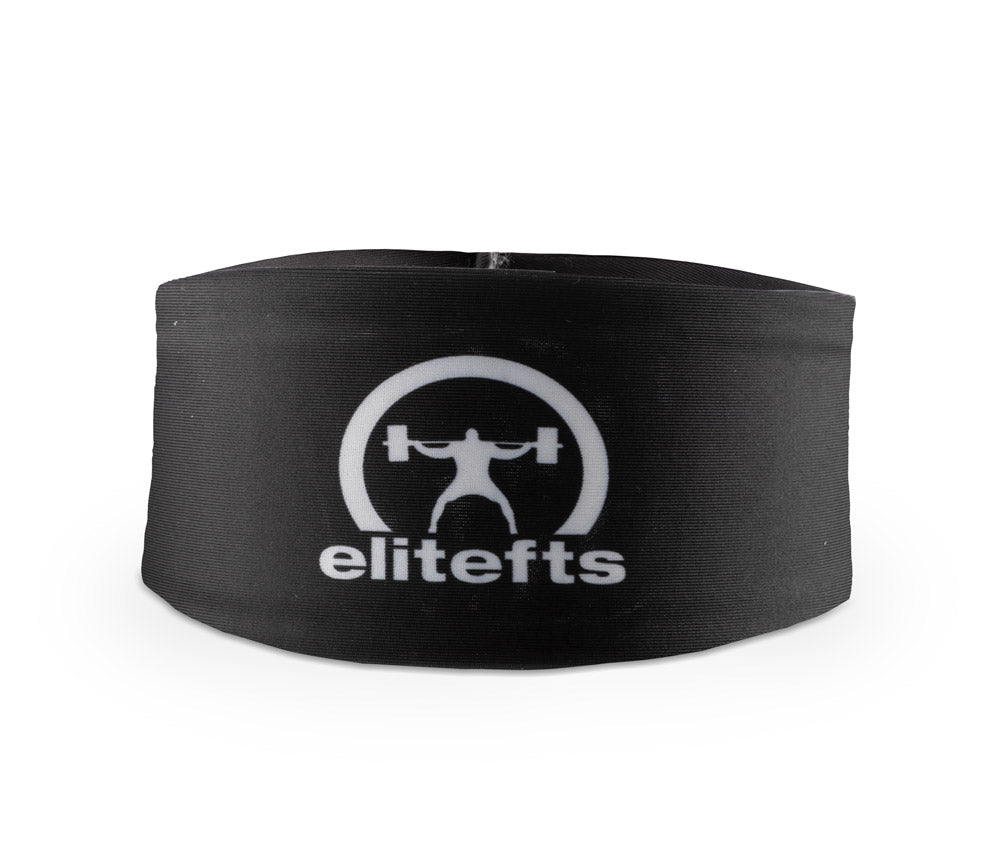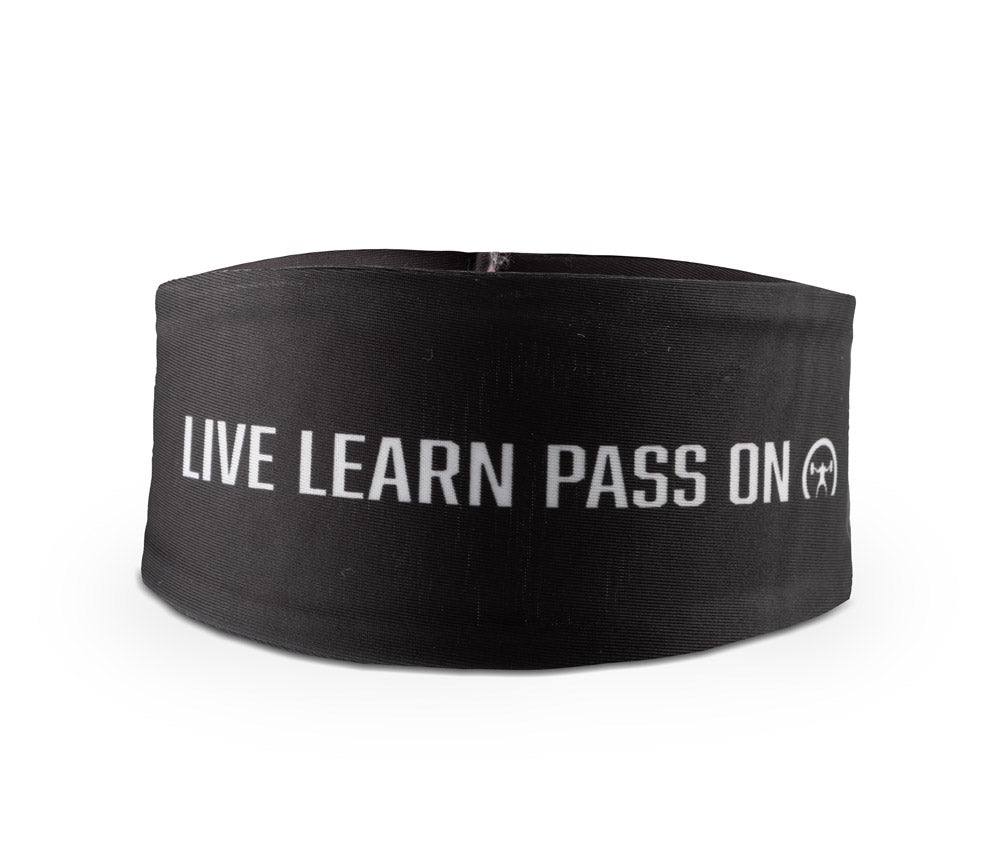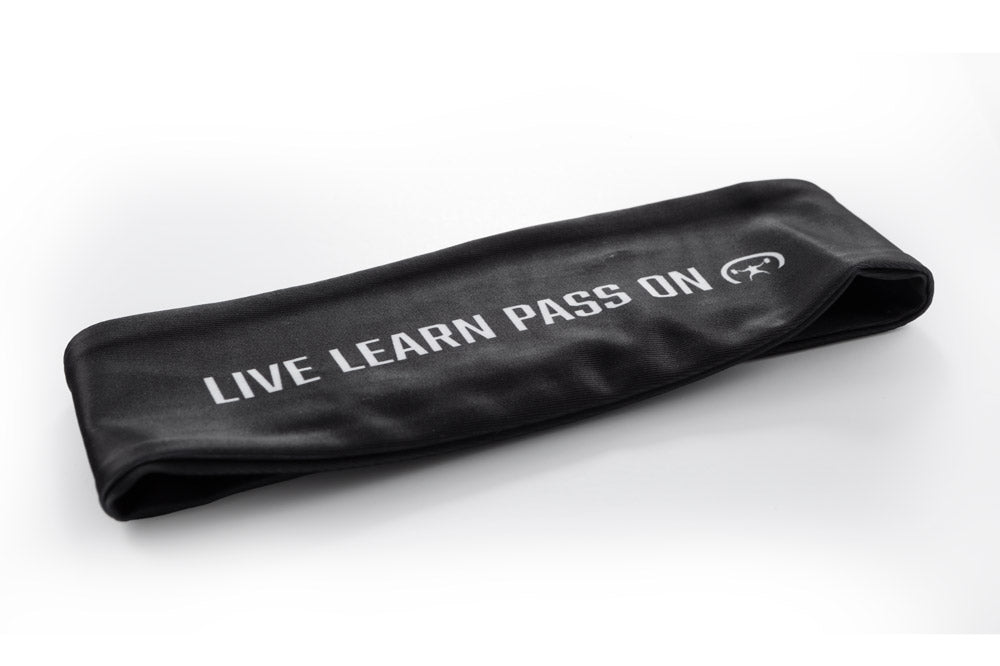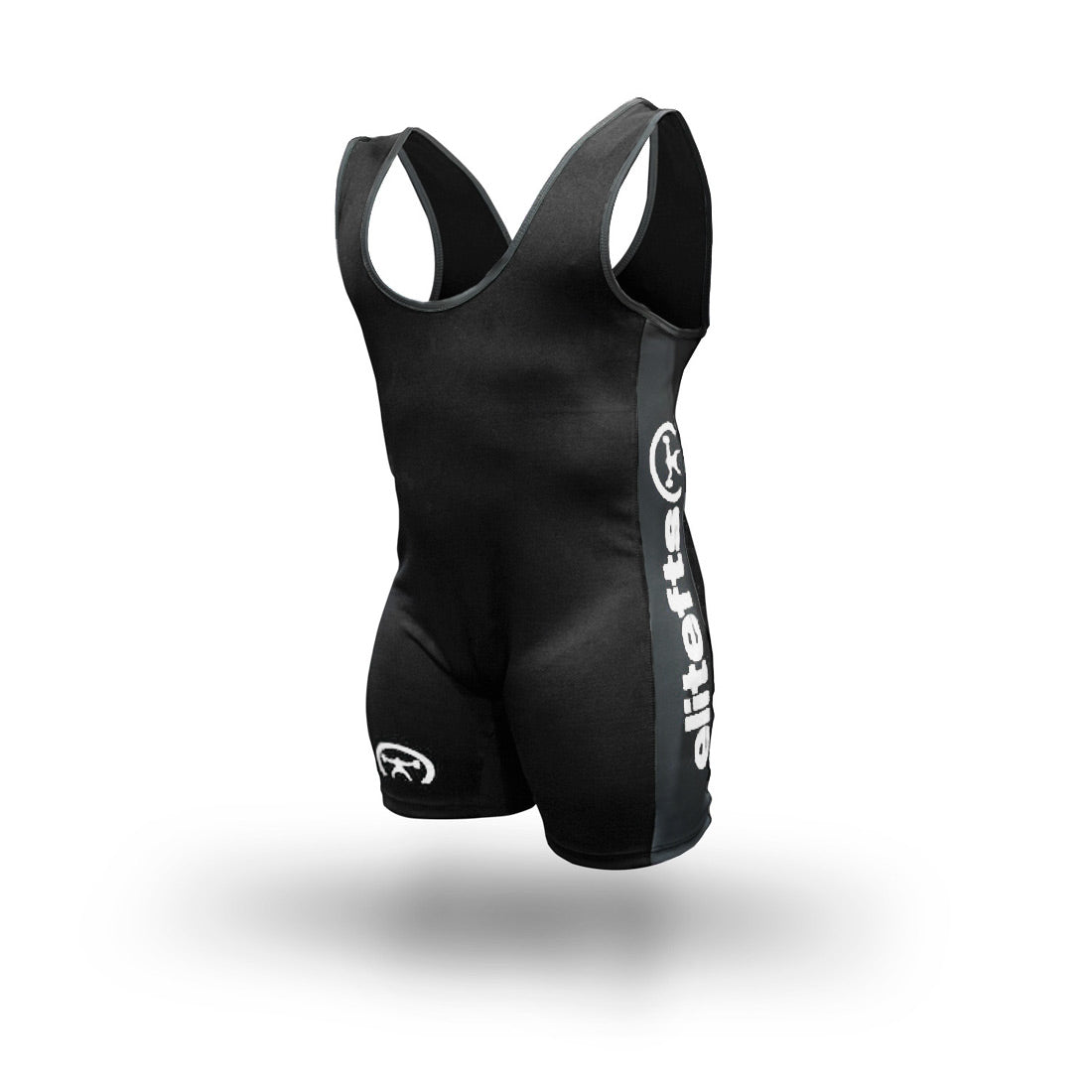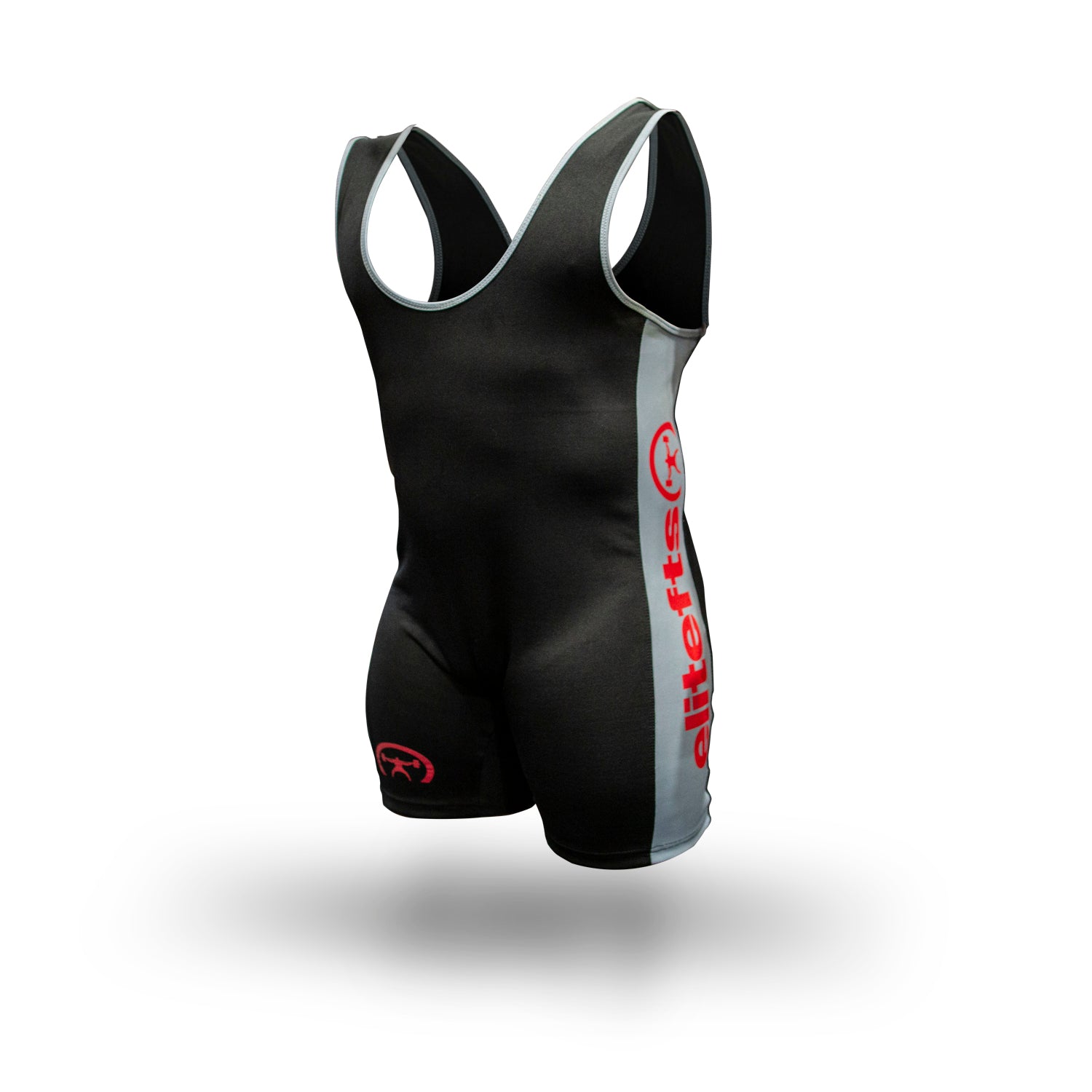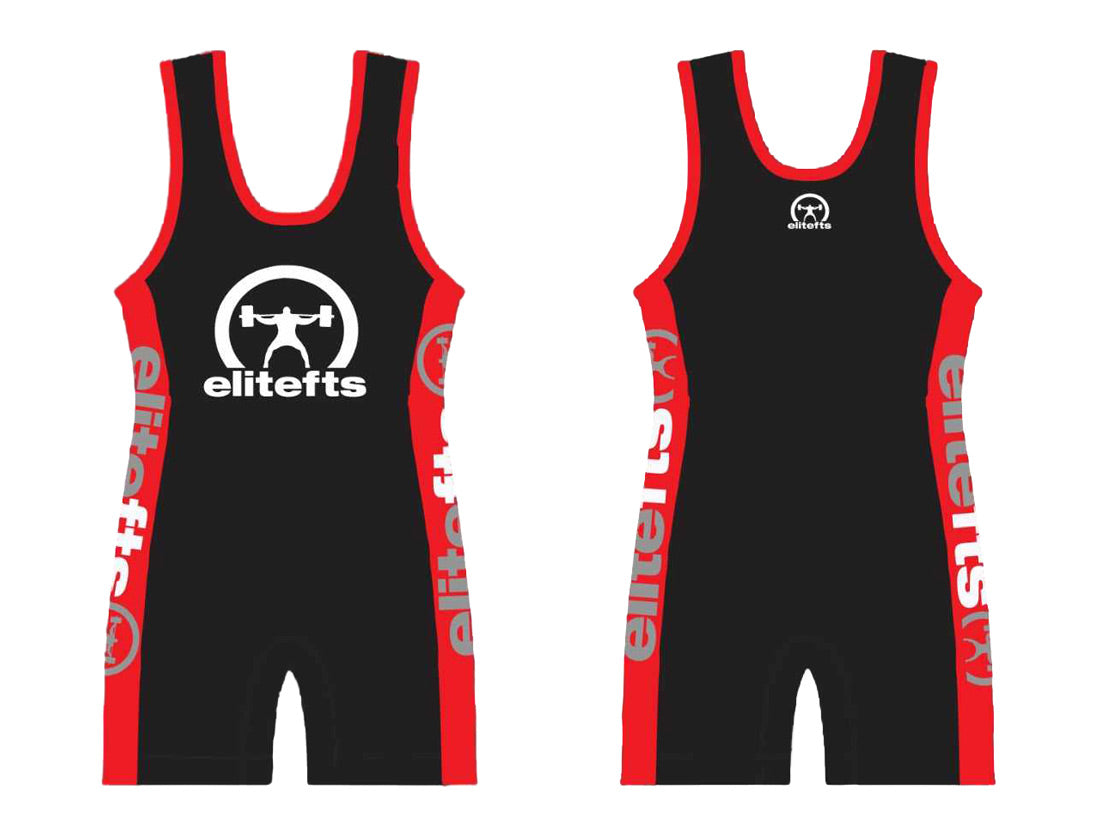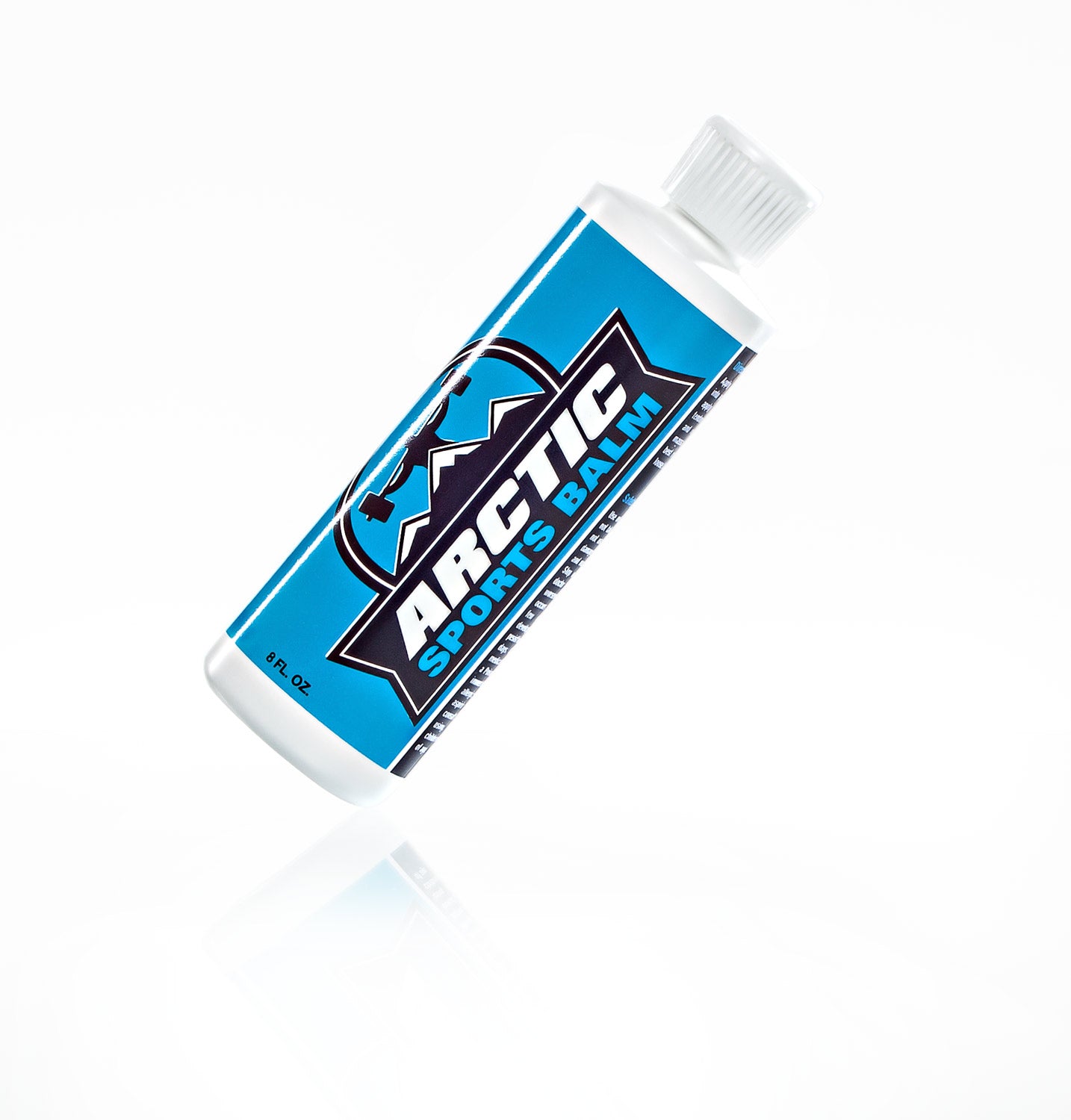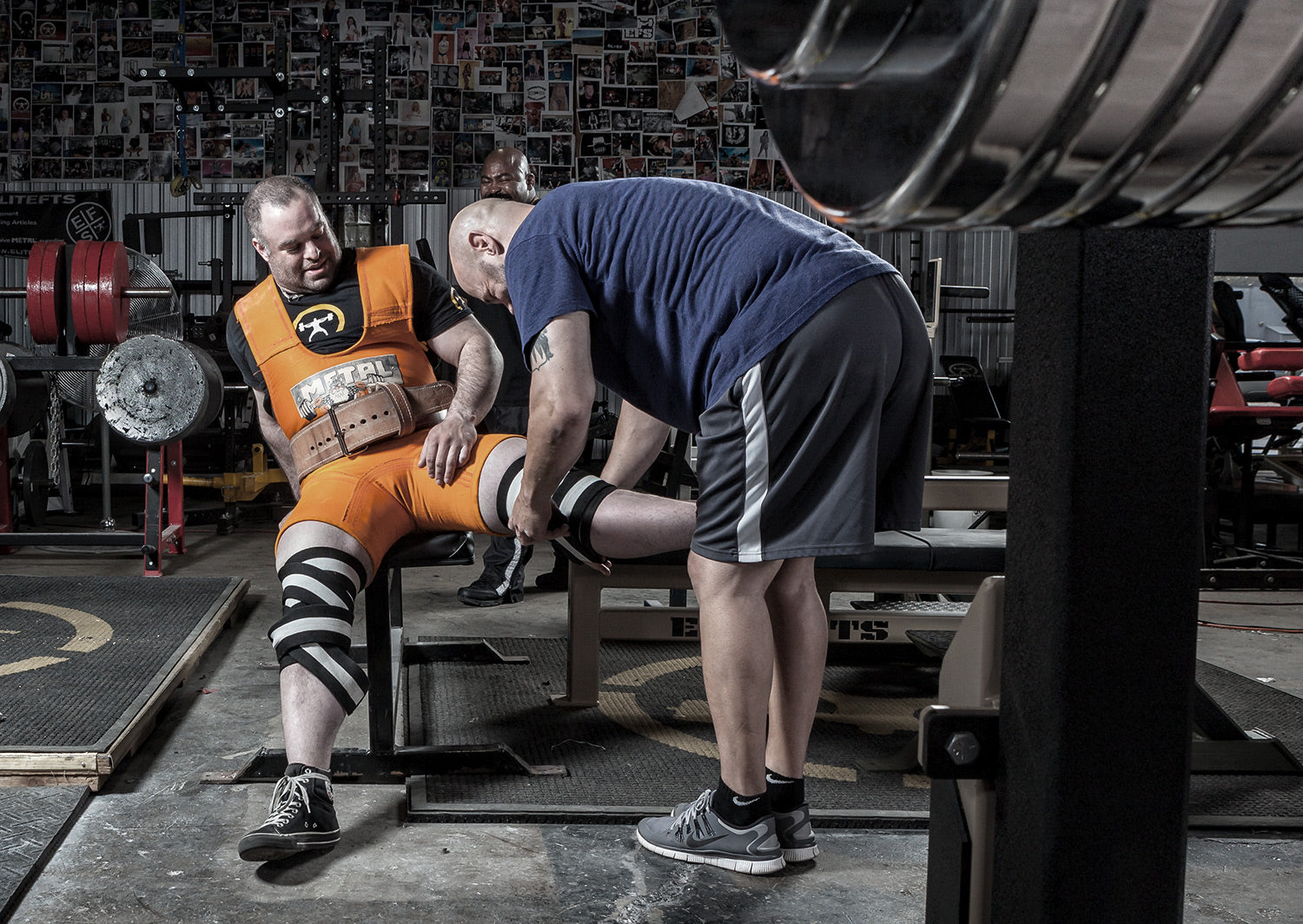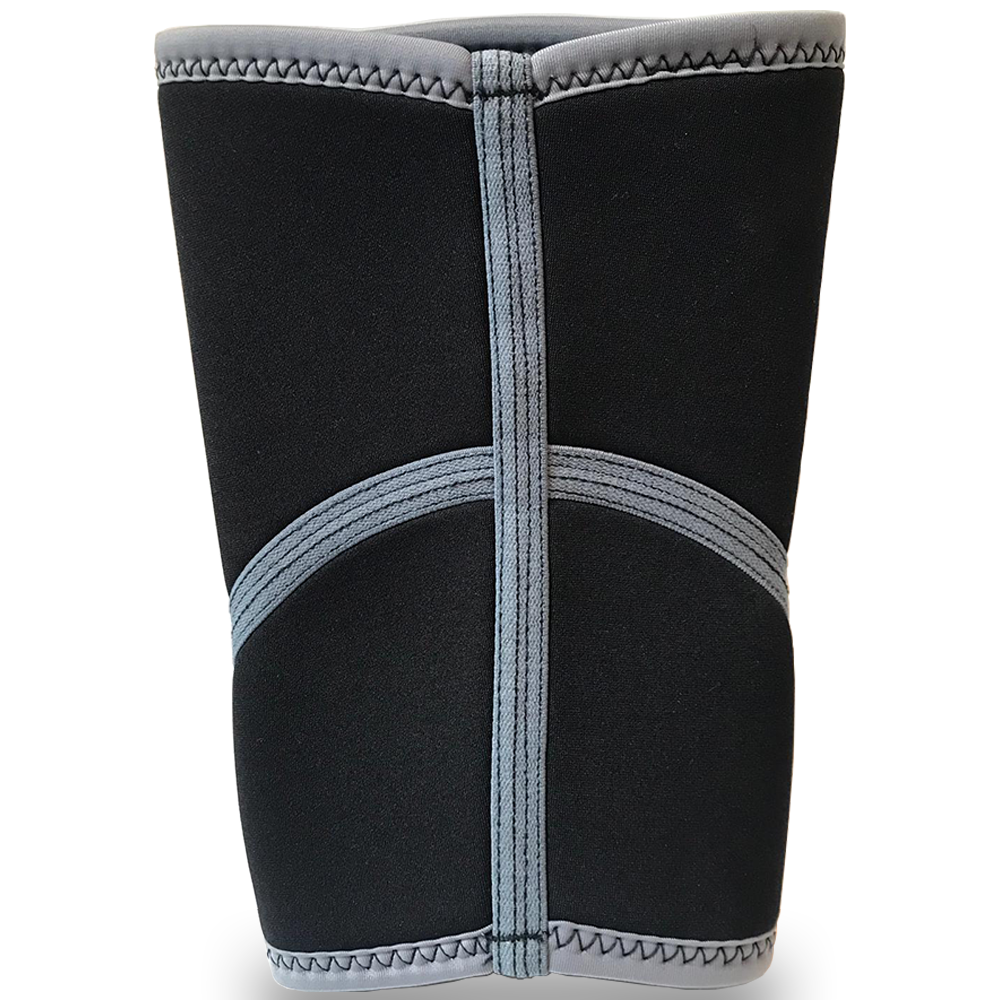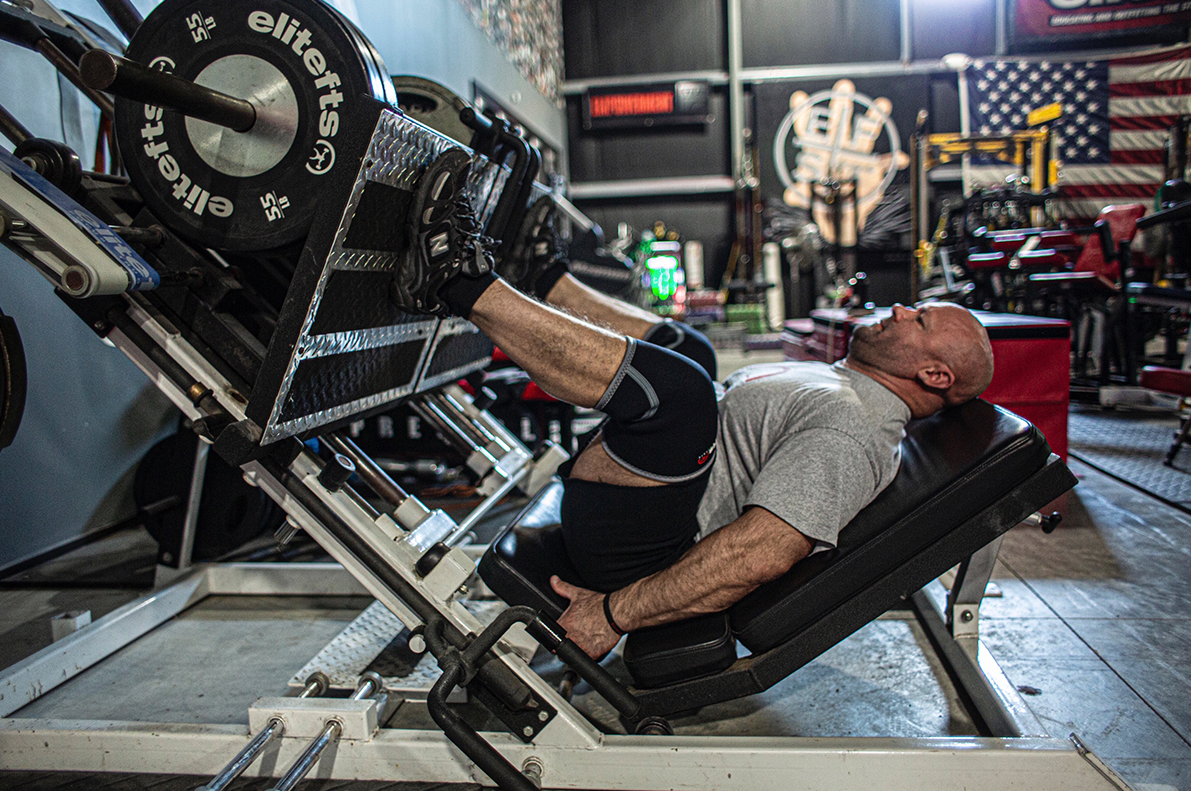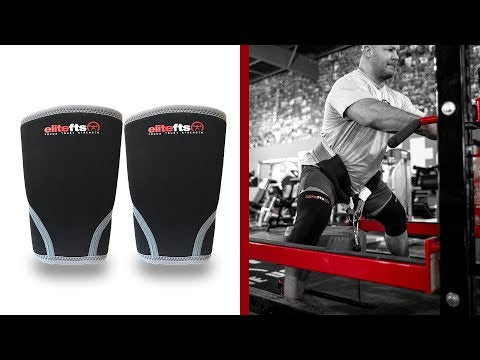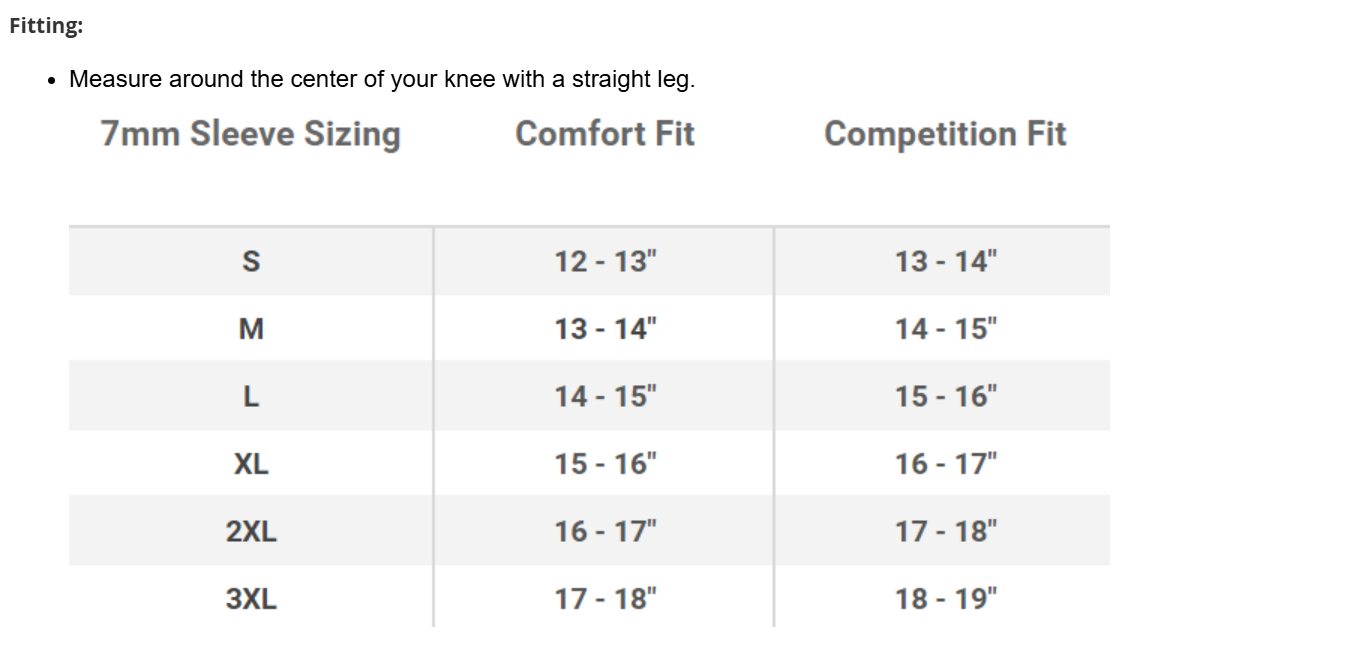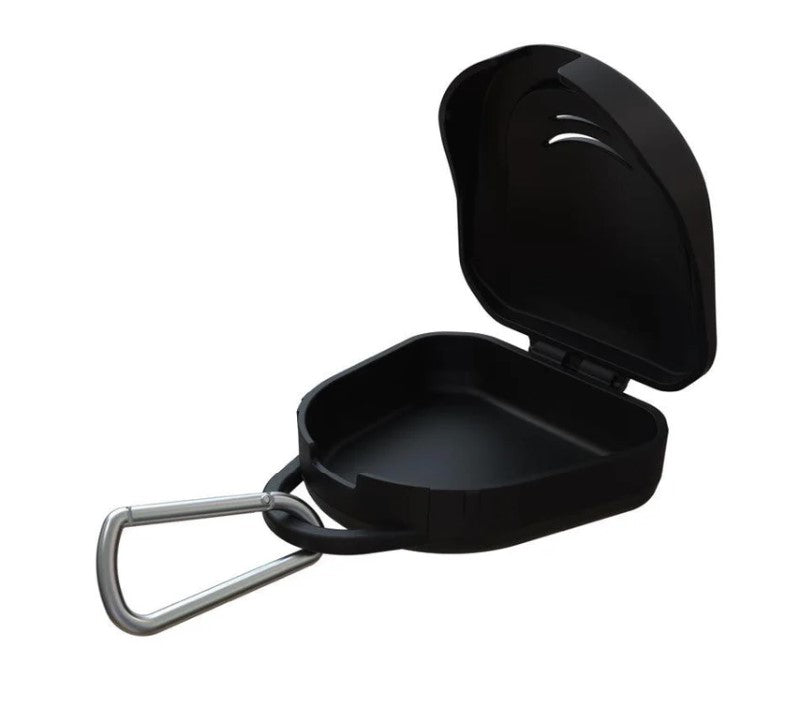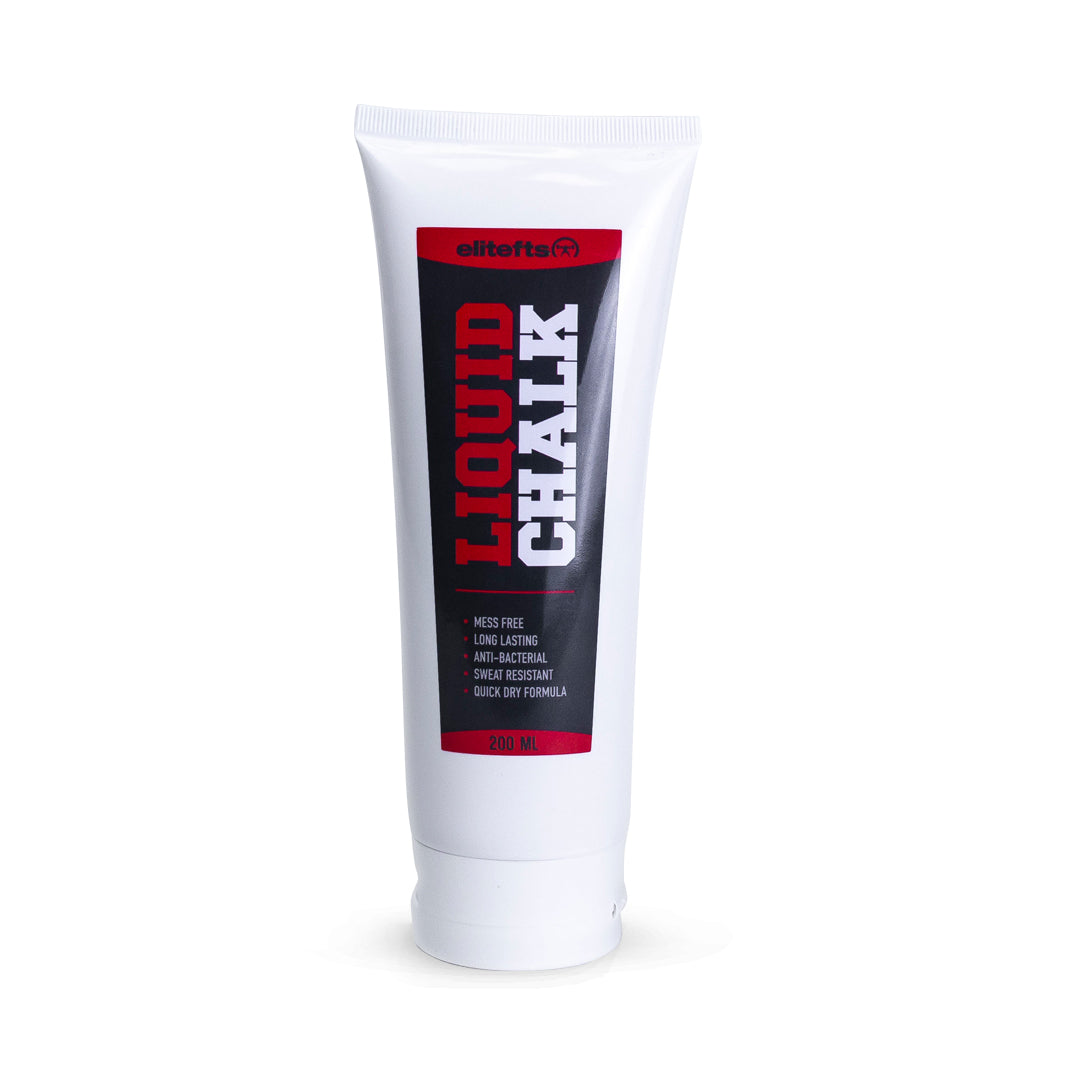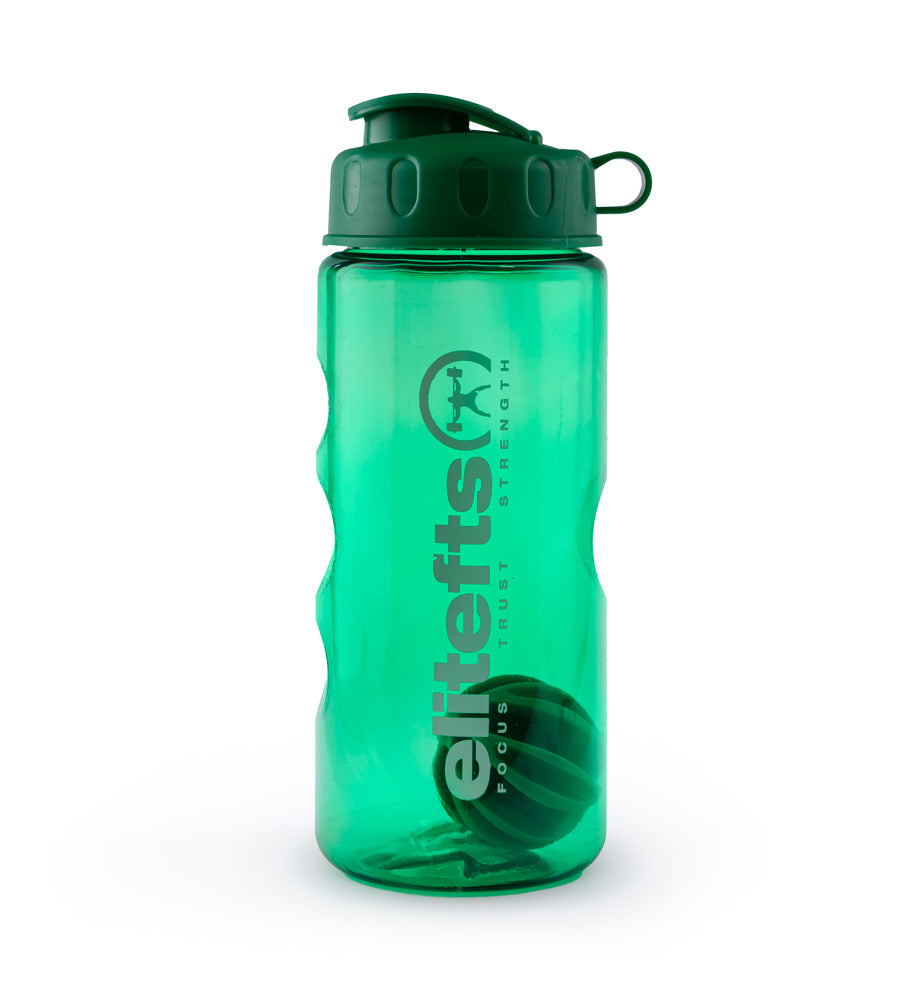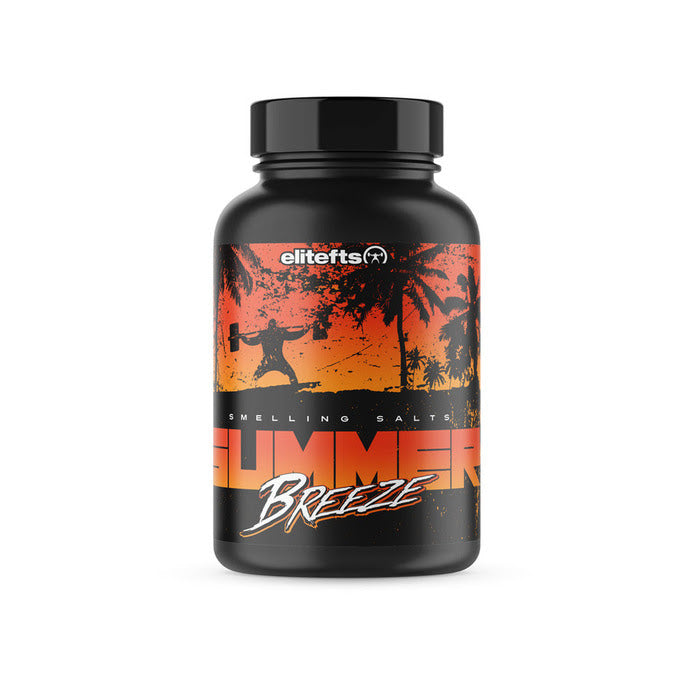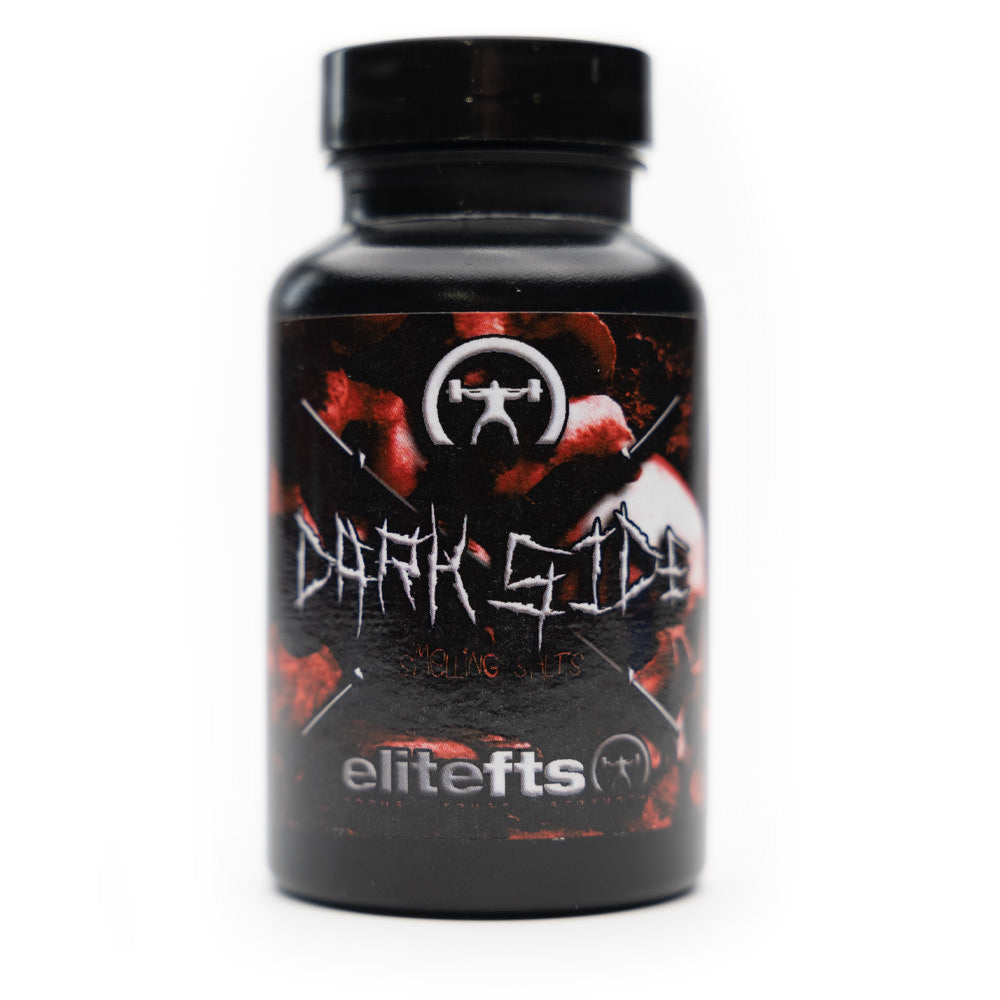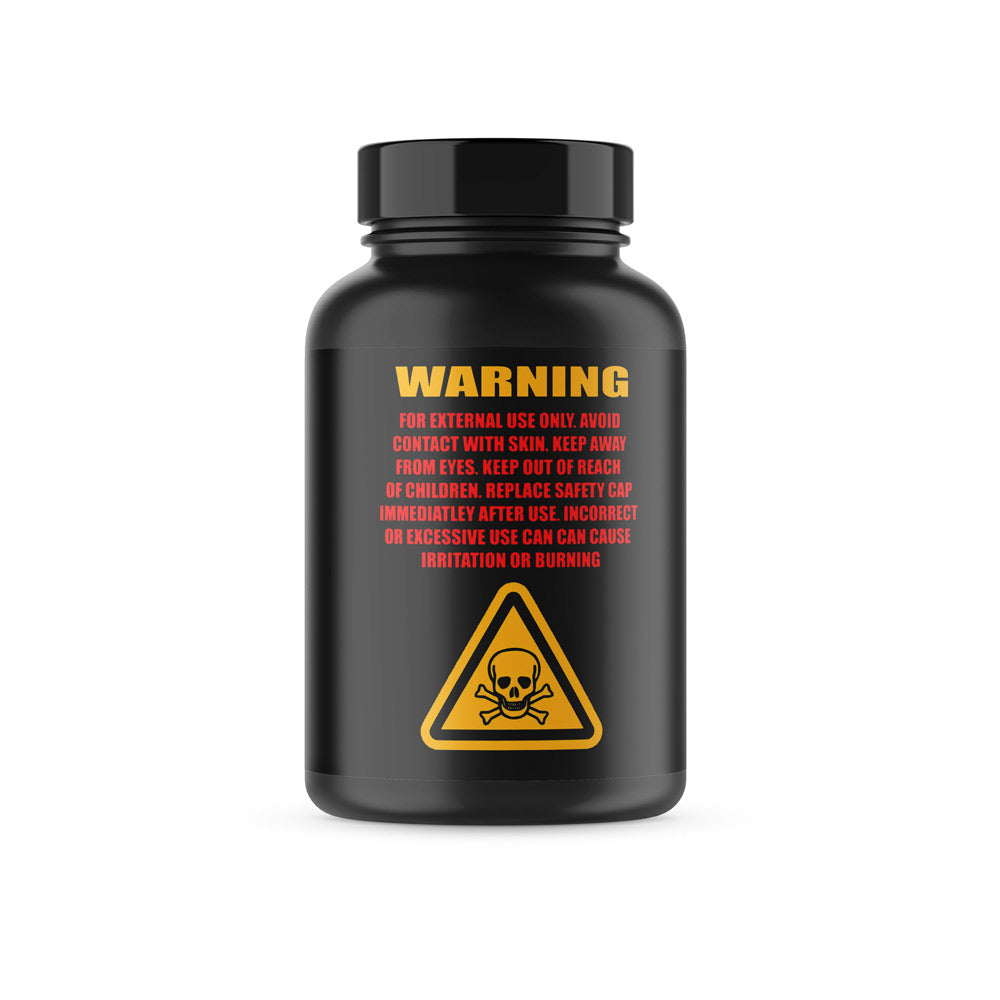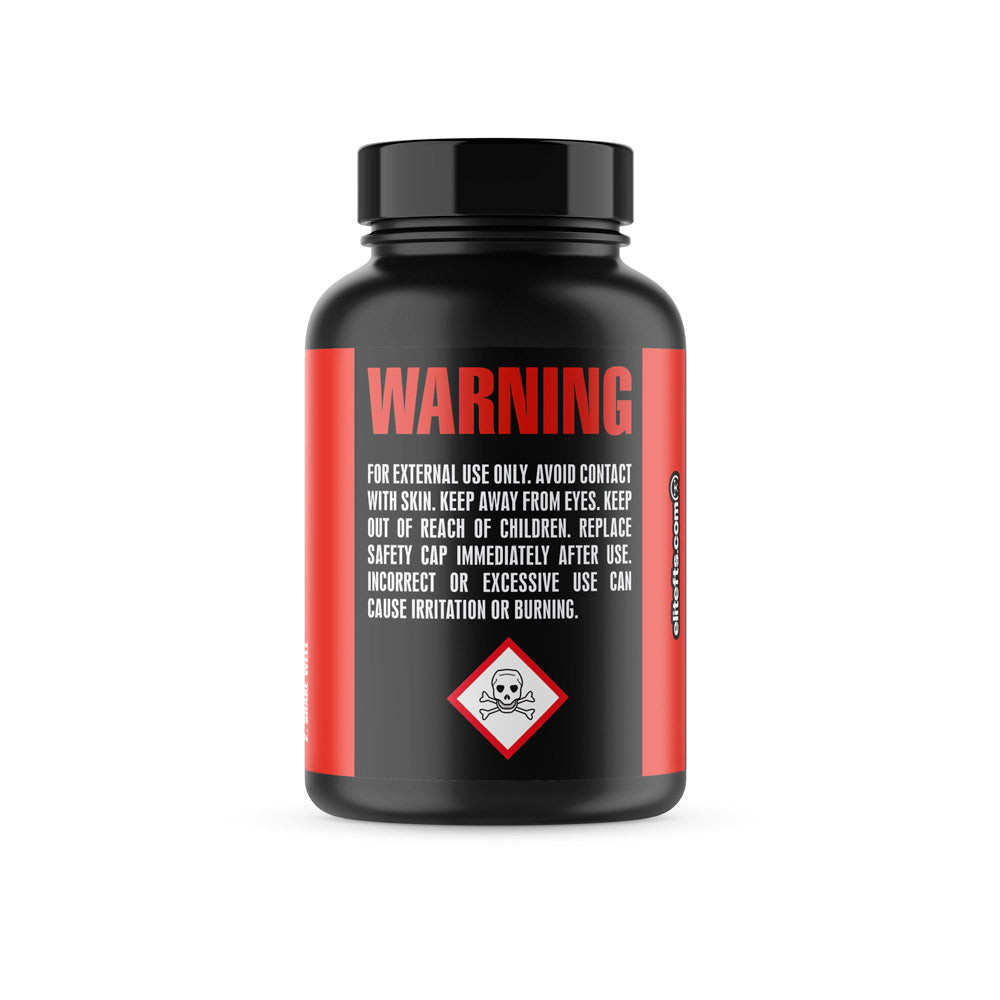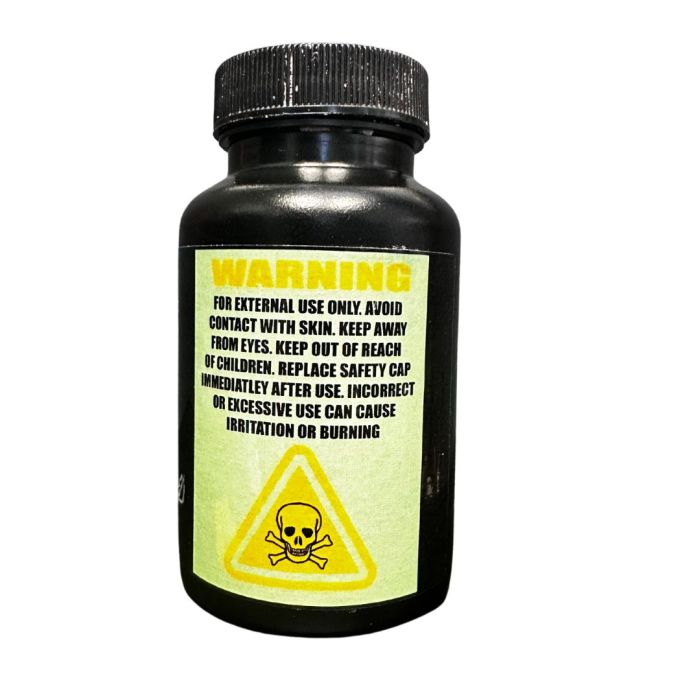
Over the years, I've written many articles and talked a lot about overtraining. While some may argue that there is no such thing, I can say with 100 percent certainty that overtraining is very real. Most people just don't have the physical or mental ability to push themselves into overtraining. Even so, I believe that there is still a great deal of information on this subject to benefit lifters of all skill levels. I've been in the lifting game for a long time, and I've learned more than enough to jam pack my hard head full of information. Still, I'm always looking for more because strength is ever evolving. Recently, while I was reading an article written by a fellow columnist and friend, something he said caused me to look at overtraining from a different angle. I decided that the term 'overtraining' should only be used in extremely rare cases. In most cases, the term 'under-recovering' is much more appropriate. This may sound like I'm trying to be politically correct, but 'under-recovering' makes more sense and I think may help people better understand what I've always preached about with the former term (overtraining). As I stated, most people don't have the ability to push into overtraining. In order to understand why, we need to define overtraining. Overtraining is a state in which the body physically and mentally can't keep up with intelligent training (which is training that has equal amounts of workload and recovery while making maximal gains). In other words, you're continually breaking the body down and it isn't able to recover or heal. If pushed far enough into overtraining, you will actually stop making gains completely and can end up reversing gains that you've already made. In my opinion, this can only happen to the most advanced athletes or those with exceptional disorders. For example, in my case, extreme sleep issues make recovery very difficult and affects my ability to train at the intelligent level that I described. Hence, my training program is spread out more than that of other lifters. It becomes a fine balance between optimal results and not pushing too far into overtraining.

So does this mean that all normal, healthy lifters can just train like crazy and never worry about overtraining? Of course not, but this is where I now prefer the word 'under-recovered.' These athletes can still train so hard that their bodies have a hard time keeping up. Sounds similar to overtraining, right? The major difference is that these athletes aren't taking every advantage to recover so that they have the balance of workload to recovery. For example, an intermediate level powerlifter trains hard four days a week. He's very beat up and showing many signs of "overtraining." He thinks that he's overtraining and backs off his lifting. Is he really "overtraining" or is he under-recovering? As we look deeper, we see that he isn't getting enough calories and protein. His nutrition is inconsistent at best. He stays up late and parties all weekend, averaging six hours a night on weekdays and fewer hours on weekends. He also doesn't have any recovery or GPP work in his training at all. This guy isn't overtrained. He is severely under-recovered. The big difference is that he is doing little to bring his recovery rate up to equal his training load. Instead of bringing up that recovery, he wants to back off his lifting, which won't give him maximal gains in the most optimal amount of time. The word "under-recovering" emphasizes recovery whereas overtraining emphasizes training. In the great majority of the cases I've seen, it isn't the training that is the problem. It's the lack of recovery that is needed to keep up with that training. In my opinion, recovery is actually more important than training, yet it seems that training gets most of the spotlight. I always get asked for training tips or about how I train. I rarely, if ever, get asked how I recover or what I do to improve my recovery. I think this is a huge mistake in modern training that needs to be addressed. There are all kinds of training principles that will break your muscles down. None of them will actually make your stronger if you aren't recovering, at least not at the optimal level. You may make some gains at the start, but in the long run, you'll end up with the same strength levels, or maybe even weaker, if you aren't recovering. On the other hand, you can use any method of training if it breaks you muscle down and it will make you stronger if you're getting good recovery. This is why I believe that recovery is more important than training. I'm not saying that training doesn't matter. I'm merely saying that recovery needs to get more respect in our overall strength training programs than it currently is. Ideally, training and recovery would get equal focus in order to make the greatest gains.

Overtraining is real and it's something to be aware of. As I said, I think this is something you generally only see in elite lifters or exceptional cases because these athletes have the years of training that allow them to push themselves much harder than the average lifter. They have the ability to recruit more and deeper muscle fiber. They produce stronger neurological contractions, have better technique and are generally mentally stronger. They have the ability to get way more out of their muscles, central nervous systems and minds, which taxes them so much more. In these cases, the lifters are doing everything they can to recover, but there just isn't enough time. The solution is more deload weeks or spreading their training out, leaving more days for recovery. When it comes to new or even intermediate lifters, this is rarely the case. Most of the time, when these lifters think they're overtraining, it's just the result of lifting seriously or not programming their recovery like they program their training. Let's face it—heavy strength training will make you feel beat up. It's just part of being a lifter. There will be many aches and pains. This is just normal for our sport. If you wake up feeling great every day, you aren't training hard enough.
In the case of beginner and intermediate lifters, when they think they're overtraining, they need to stop and ask themselves if they are really overtraining or if they are under-recovered. They shouldn't jump immediately to deloads or take time off. They first need to think about what they are doing to actively recover. Are they getting at least eight hours of sleep a night and hopefully a few nights of 10 hours or maybe even some naps? Are they taking in enough calories, especially protein? Are they taking advantage of modalities such as massages, ART therapy, ice, stretching and so on? Are they taking advantage of short recovery training sessions? I think we easily fall into the idea that recovery just happens and that we can't do anything to make it better. I even hear a lot about nutrition, but it almost always pertains to weight loss or leaning out. Rarely do I hear nutrition talked about in terms of recovery. If you aren't putting enough calories or protein in your body, you won't recover optimally. The body needs fuel to recover. The same goes for sleep. So many people take sleep for granted. Well, sleep is huge in terms of recovery and in helping the body produce better hormone levels. All these things are absolutely crucial for optimum recovery. Strength training is like a puzzle with many pieces. To see the big picture, you need all the parts and each piece is important. Recovery is a big piece of the puzzle right in the middle. Start taking time to consider your recovery just as much as you consider your training. You'll see results, and you'll really increase the speed of the gains you make. In fact, go take a nap right now and grow strong!









